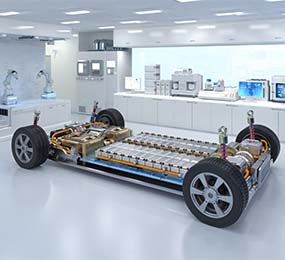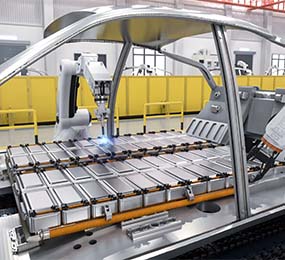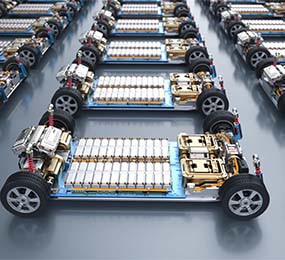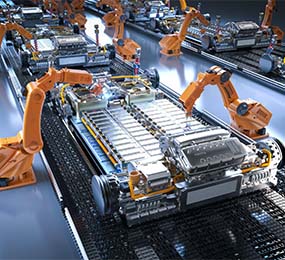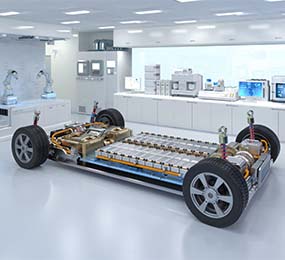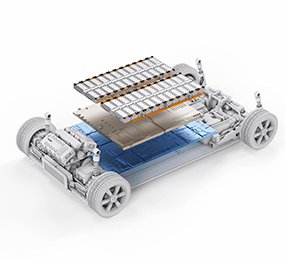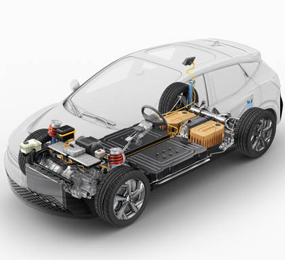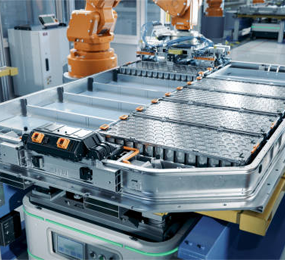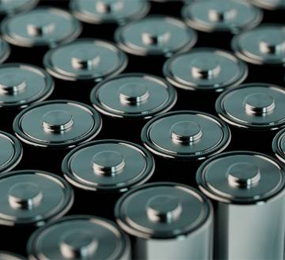As the demand for electric vehicles (EVs) and renewable energy storage surges, the recycling of batteries
becomes increasingly crucial. However, navigating the complexities of recycling different battery
chemistries presents significant challenges. This essay explores the unique hurdles and innovative
solutions in recycling lithium-ion, lead-acid, and other battery types.
Lithium-ion Recycling Challenges:
Lithium-ion batteries dominate the EV market, yet their complex chemistry poses recycling challenges.
Issues such as electrode separation, solvent recovery, and resource recovery from mixed materials
require innovative separation and extraction methods.
Lead-acid Battery Recycling:
Lead-acid batteries, prevalent in automotive and industrial applications, face challenges due to their
toxicity and recycling process inefficiencies. Advanced smelting and hydrometallurgical techniques are
necessary to mitigate environmental impacts and maximize material recovery.
Innovative Solutions:
Emerging technologies, such as direct recycling and closed-loop systems, show promise in overcoming
these challenges. Additionally, improved collection infrastructure and standardized recycling processes
are essential to streamline battery recycling efforts.
Addressing the recycling challenges of diverse battery chemistries demands collaboration between
industries, policymakers, and researchers. By investing in innovation and infrastructure, we can achieve
a sustainable circular economy for battery materials, supporting the transition to clean energy solutions.
Visit our website to know more: https://www.leadventgrp.com/events/electric-vehicle-battery-and-
recycling-forum/details
For more information and group participation, contact us: [email protected]
Leadvent Group - Industry Leading Events for Business Leaders!
www.leadventgrp.com| [email protected]


